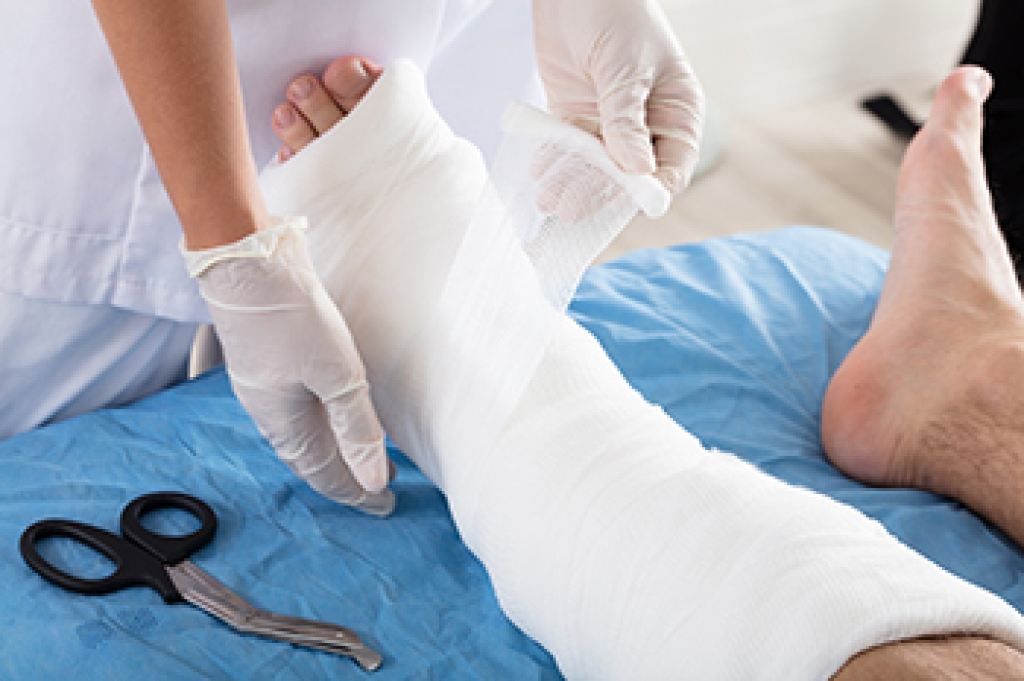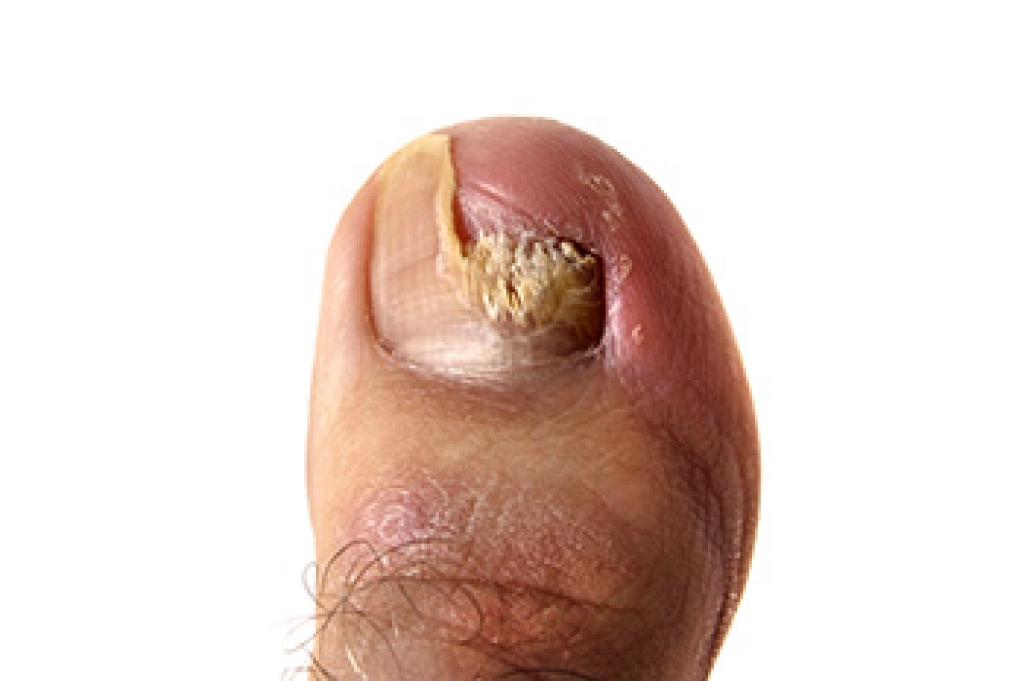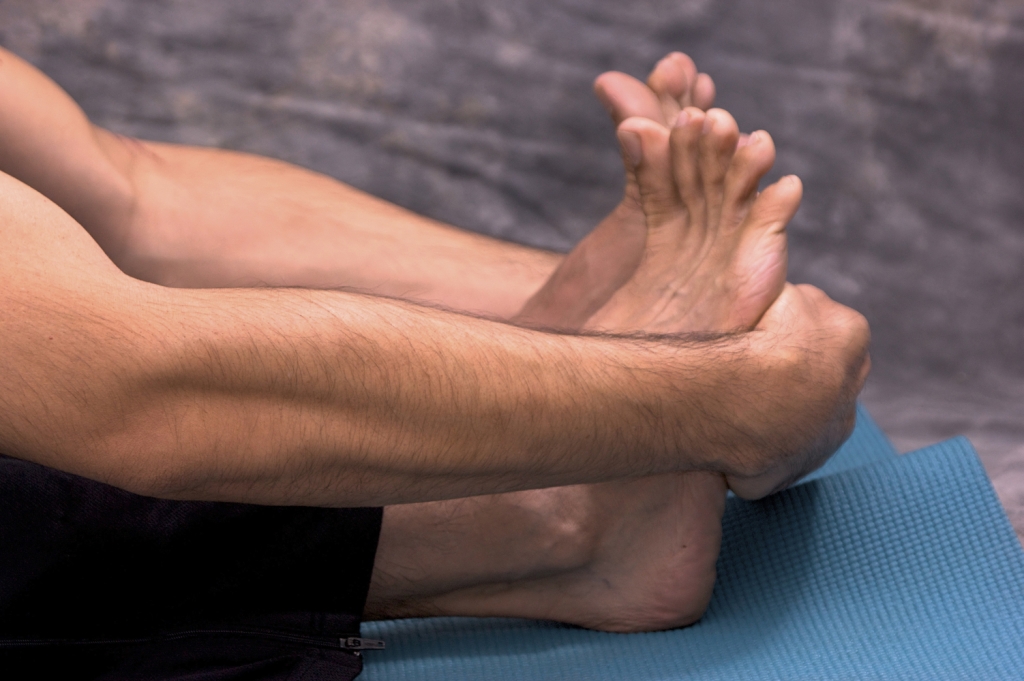
Off-loading is essential for helping diabetic foot wounds heal because it reduces pressure on the ulcerated area. People with diabetic neuropathy often lose sensation in their feet, so they continue to walk on a wound without realizing it, which damages new tissue and delays recovery. A podiatrist can use specialized off-loading techniques to remove pressure from the affected area. This can involve therapeutic shoes, custom insoles, padded dressings, removable cast boots, or total contact casts that closely fit the foot and restrict joint motion. These approaches protect the wound from repetitive stress and shear forces, giving tissue the time it needs to repair. When necessary, surgery can also be performed to correct deformities or redistribute pressure to prevent recurrence. Consistent podiatric care ensures the wound remains clean and healing is monitored. If you have a diabetic foot wound, it is suggested that you make an appointment with a podiatrist for a diagnosis and treatment, including off-loading management.
Diabetic foot care is important in preventing foot ailments such as ulcers. If you are suffering from diabetes or have any other concerns about your feet, contact one of our podiatrists from Lakeside Foot and Ankle Center. Our practitioners can provide the care you need to keep you pain-free and on your feet.
Diabetic Foot Care
Diabetes affects millions of people every year. The condition can damage blood vessels in many parts of the body, especially the feet. Because of this, taking care of your feet is essential if you have diabetes, and having a podiatrist help monitor your foot health is highly recommended.
The Importance of Caring for Your Feet
- Routinely inspect your feet for bruises or sores.
- Wear socks that fit your feet comfortably.
- Wear comfortable shoes that provide adequate support.
Patients with diabetes should have their doctor monitor their blood levels, as blood sugar levels play such a huge role in diabetic care. Monitoring these levels on a regular basis is highly advised.
It is always best to inform your healthcare professional of any concerns you may have regarding your feet, especially for diabetic patients. Early treatment and routine foot examinations are keys to maintaining proper health, especially because severe complications can arise if proper treatment is not applied.
If you have any questions, please feel free to contact our offices located in Leesburg and The Villages, FL . We offer the newest diagnostic and treatment technologies for all your foot care needs.




